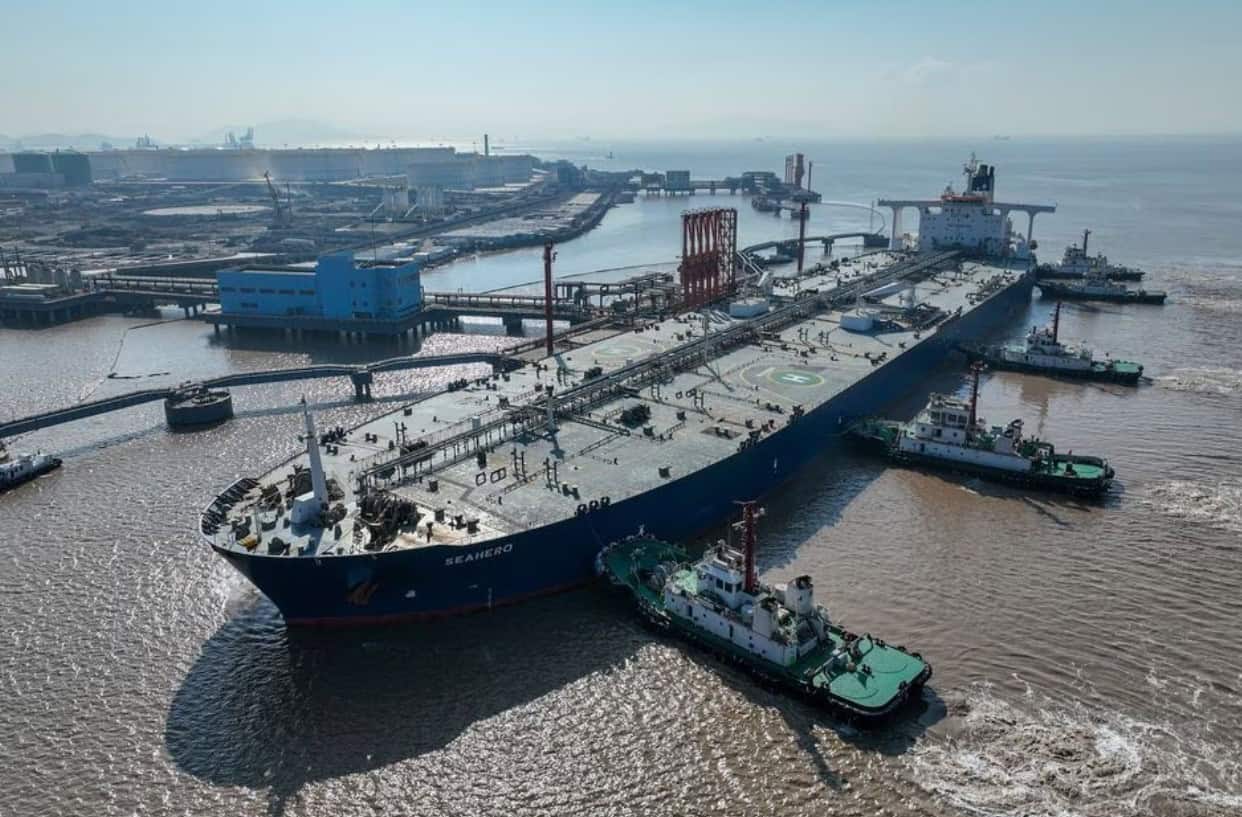Oil prices rose on Thursday after falling for three straight sessions, as the dollar weakened and China’s central bank sought to bolster the property market and wider economy.
Brent crude futures rose 67 cents, or 0.8%, to $84.12 a barrel, while U.S. West Texas Intermediate crude (WTI) was up $1.01, or 1.3%, at $80.93 a barrel.
Prices fell more than 1.5% in the previous session on worries about China’s embattled economy and potential for further increases in U.S. interest rates.
China’s central bank said it would keep liquidity reasonably ample and maintain “precise and forceful” policy to support economic recovery against headwinds.
“Oil traders like the fact that China isn’t going to tolerate weakness in economic activity,” said Naeem Aslam at Zaye Capital Markets.
The dollar index slipped off a two-month high the day after Federal Reserve meeting minutes left the door open for more rate hikes and data this week indicated a resilient U.S. economy.
Higher interest rates increase borrowing costs, which could slow economic growth and reduce oil demand.
On a bullish note, China made a rare draw on crude oil inventories in July, the first time in 33 months it has dipped into storage.
Data released on Wednesday showed that U.S. crude oil inventories fell by nearly 6 million barrels last week on strong exports and refining run rates.
U.S. gasoline stocks however drew to the lowest in more than two months, U.S. Energy Information Administration data showed on Wednesday. Weekly products supplied, a proxy for demand, rose to the highest since December.
“Travel demand has remained stubbornly strong,” said Dennis Kissler, senior vice president of trading at BOK Financial. Travel demand typically tapers after the U.S. Independence day holiday on July 4.
Oil looks like it will find a home around the $80 level as too many risks to the macroeconomic outlook remain on the table, said OANDA analyst Edward Moya.

